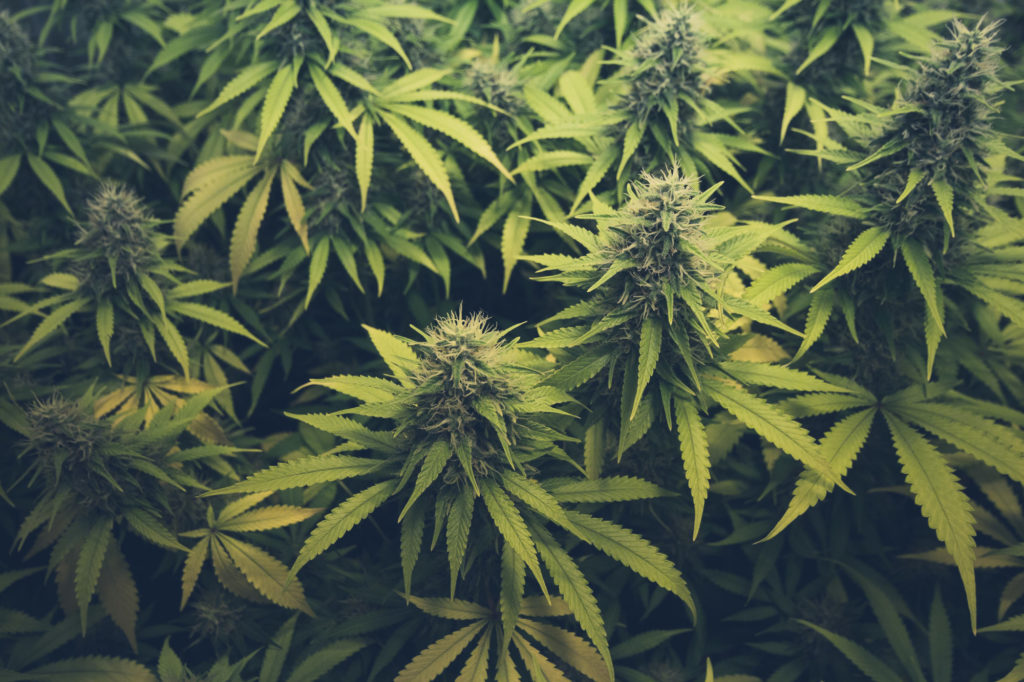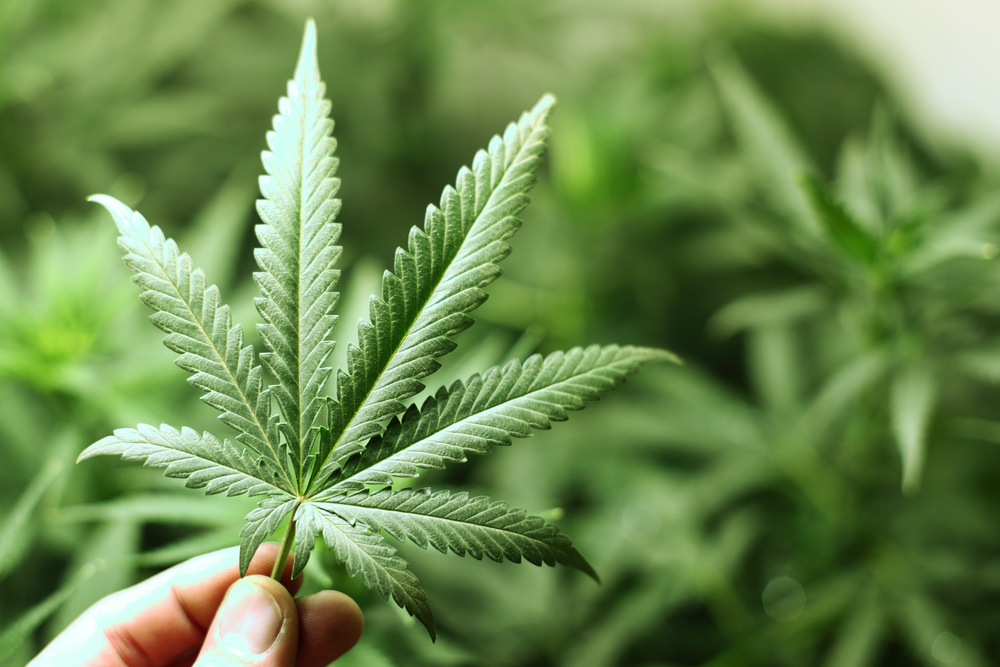Unless you’re living under a rock, you’ve probably heard all the buzz about CBD products, whose U.S. industry is projected to pull in $20 billion by 2024.
Even though everyone’s been talking about CBD, that doesn’t mean there isn’t a lot of confusion about what it is exactly and how it differs from marijuana.
Have you been considering trying CBD but don’t know what CBD hemp flower effects to expect? Would you know to know more about what exactly CBD does to your brain?
You’ve come to the right place. Let’s take a look at the effect that CBD has on the brain.
What Exactly is CBD?
Cannabidiol, known as CBD for short, is a cannabinoid found in the cannabis plant. There are over one hundred other cannabinoids found in cannabis. CBD is one of the two you’ll hear the most talk about, second only to tetrahydrocannabinol, also known as THC.
While THC is responsible for the psychoactive properties of cannabis, CBD is not a psychoactive compound. This means that taking CBD isolated from THC and the other cannabinoids will not get you high.
Even though both THC and CBD are found naturally in cannabis, many marijuana growers have focused on producing high THC strains at the expense of CBD. This means that there’s a lot less CBD in marijuana than there used to be.
What Are the Benefits of CBD?
While the world of research into the medical benefits of both CBD and marijuana is still fairly young, there is a lot of purported health benefits to both.
People are using CBD for relief from pain, it’s anti-inflammatory properties, to help with anxiety disorders, stress relief, and for help with smoking cessation and drug withdrawals. There is also some evidence that it could help with Alzheimer’s, acne, heart disease, Type 1 diabetes, and cancer.
There is only one FDA approved drug containing an active ingredient derived from cannabis. It’s called Epidiolex and it’s main ingredient is CBD. It’s prescribed to treat seizures caused by two severe, rare forms of epilepsy.
How Does CBD Affect Your Brain?
All of the cannabinoids in cannabis are believed to interact with receptors in the nervous system, particularly two known as CB1 and CB2.
CB1 receptors are found all over the body, but many are in the brain and deal with pain, movement, coordination, emotions, mood, appetite, thoughts, memories, among other brain functions. THC has its psychoactive effect because it attaches to these receptors.
The CB2 receptors affect pain and inflammation, and are more commonly found in the immune system. Scientists used to believe that CBD attached to the CB2 receptors, but now they think CBD actually instructs the body to make more of its own cannabinoids rather than attaching directly to either receptor.
CBD is also believed to affect the serotonin system by targeting the serotonin 1A receptor. Your serotonin receptors are responsible for regulating the release of hormones like oxytocin and cortisol, and can also affect your cognition, appetite and mood.
It’s thought that CBD’s impact on the serotonin 1A receptors explains it’s purported benefits of relieving anxiety, depression, schizophrenia, neuropathic pain, and nausea.
Some of CBD’s therapeutic effects are also believed to derive from their impact on vanilloid receptors which play a role in inflammation, pain perception, and temperature regulation. Another receptor, GPR55 or the orphan receptor, is related to bone reabsorption, blood pressure modulation, and bone density and could also be affected by CBD.
CBD Flower Effects: What Does Taking CBD Feel Like?
Along with all the buzz about CBD, it seems like there is a lot of confusion about what exactly it is and what it does. Does CBD give you a body high? What are CBD edibles effects? Can you take too much CBD?
For a great explanation about what it feels like to take CBD, check out this article.
Whether or not CBD will give you a body high depends on what a body high means to you. There is no CBD high like there is with THC products, but the relaxing, stress-relieving and pain-alleviating effects have been described by some as a mild CBD body high.
Taking CBD edibles will affect you in generally the same way as taking a sublingual tincture. The main difference is that the edible will take longer to kick in. A tincture will set in after about 15 minutes, while an edible might take 30 minutes to 2 hours to kick in.
As far as taking too much CBD, it’s possible to take too much, but you’d have to ingest a very high dose in a very short amount of time. That being said, the stuff isn’t that cheap, and there’s no reason to take more than you need to. Different doses will work for different people, so start off small and see what amount has the most benefit to you.
CBD does have some known contraindications with other medicines, so it is a good idea to check with your doctor before taking CBD oil. If you take any medicines that come with a “grapefruit warning,” you might want to stay away from CBD.
CBD: Get the Health Benefits of Marijuana Without the High
More and more people are turning to CBD for its long list of health benefits. With so many different options: oils, edibles, topical rubs, and just smoking the flower, there’s a way for everyone to benefit from CBD flower effects.
Top CBD companies are constantly publishing great information about CBD and its use. Staying up to date on the ever changing industry of natural remedies and health supplements is essential to using them responsibly and safely.




